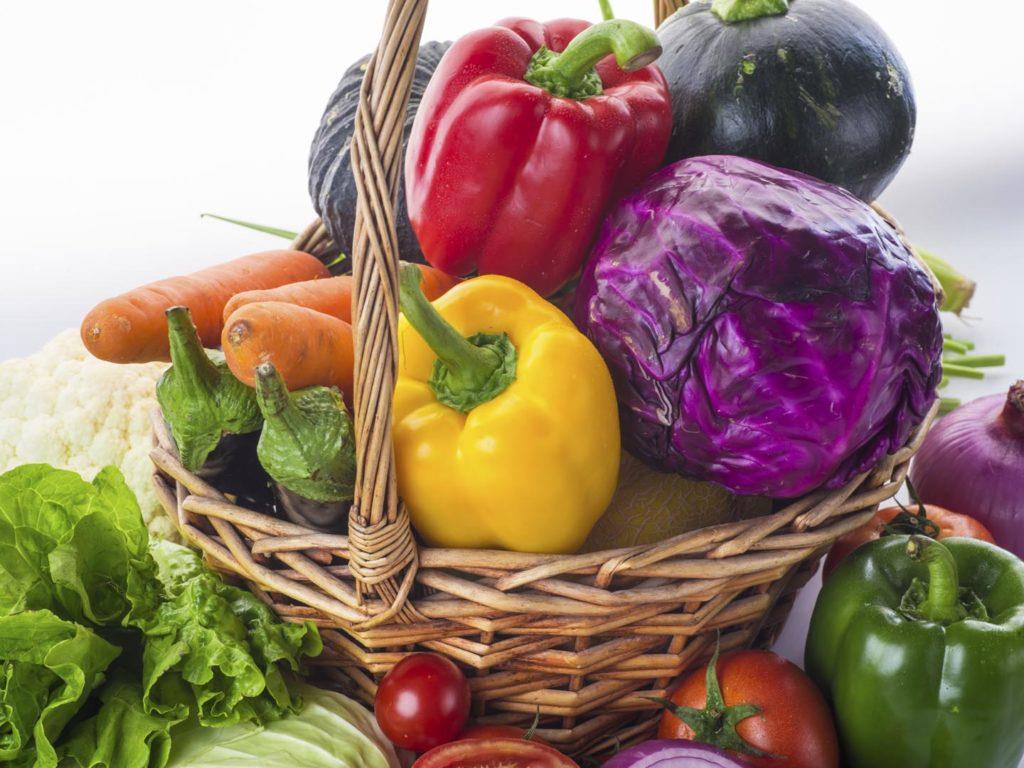
Inflammation is the body’s natural response to injury and infection. The body alerts the immune system to heal and repair damaged tissue, as well as protect itself against viruses and bacteria.
Sometimes inflammation can last longer than necessary, which can lead to chronic inflammation and other health concerns. However, a healthy diet and lifestyle can keep inflammation under control. Here are some simple steps you can take to start healing your body and extinguish the fire naturally:
- Eat leafy greens.Leafy greens like spinach and kale contain vitamins that help reduce inflammation. In general, the darker the greens, the more healthy nutrients they contain. Avoid processed foods as these are high in unhealthy fats and sugars, which are linked to inflammation.
- Get plenty of rest.Insufficient sleep can stress your body before you even start your day, which can lead to inflammation. Try getting between seven to nine hours of sleep each night to allow your body ample time to revitalize.
- Manage stress. Chronic stress is a risk factor and can contribute to the body’s inflammatory responses. Utilize techniques to manage your stress throughout the day such as meditation, exercise, or keeping a stress journal.
- Get Vitamin D. Vitamin D deficiency is associated with several inflammatory and autoimmune conditions. You can increase your Vitamin D intake by spending more time in the sun or adding fatty fish like tuna and salmon to your diet.
- Listen to your body.Pay attention to your body’s reaction to certain foods. If you have a food intolerance, it can lead to inflammation. Try using a journal or an app that keeps track of food intake and nutrients. Tracking your meals and your reactions can help identify areas for improvement.
Inflammation symptoms can vary and may even be unnoticeable in early stages, but usually include pain, redness, swelling, and fatigue. It’s important to contact your healthcare provider if you experience symptoms such as body pain, skin rashes, or fatigue, as these may be symptoms of chronic inflammation.
